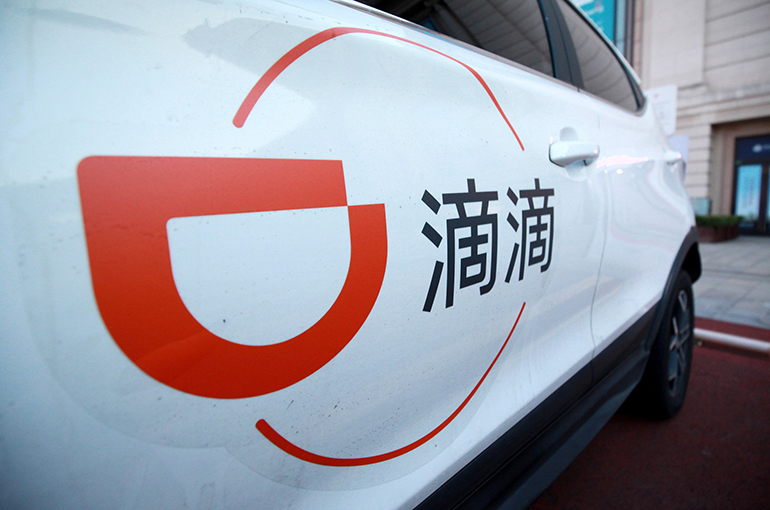Select Language:
Didi Global has announced an agreement to pay $740 million to settle a shareholder lawsuit, despite denying all allegations. The company stated in its second-quarter financial report that it, along with some current and former officers and directors, has entered into a binding agreement to resolve the consolidated class action lawsuit that had been previously disclosed in its public filings. Under the terms, Didi will pay $740 million, and all involved parties will receive a full release from all claims related to the lawsuit. The settlement remains subject to further negotiations, signing, and approval, and does not constitute an admission of fault or liability. The company emphasized that it denies any wrongdoing and pursued the settlement to avoid the costs and potential disruptions of ongoing litigation.
Didi went public on the New York Stock Exchange on June 30, 2021. Shortly thereafter, on July 2, the Cyberspace Administration of China’s Cybersecurity Review Office launched an investigation into the company to address national data security concerns and protect state security. Two days later, Chinese app stores were instructed to remove Didi’s main app due to illegal data collection practices, and by July 9, all 25 of Didi’s apps had been taken down from app stores.
On July 10, the CAC proposed amendments to cybersecurity review regulations that would require companies seeking to list overseas to undergo security assessments if they manage data for over one million users. Following these developments, Didi announced on December 3 that it would begin the process of delisting from the New York Stock Exchange and preparing for a listing in Hong Kong.
Some investors responded by filing a class action lawsuit accusing Didi of providing misleading business information. After delisting, the company shifted its focus to expanding its business internationally and developing autonomous driving technology. Its operations now span 14 countries across Latin America, Asia-Pacific, and Africa. While ride-hailing remains its main service abroad, Didi is also exploring other offerings, such as food delivery.
In Brazil, Didi’s ride-hailing service, 99, has over 55 million users. Its food delivery platform, 99 Food, which launched in April, completed one million orders within the first 45 days in Goiânia and expanded to São Paulo, the country’s largest city, on August 12.
For the three months ending June 30, Didi reported revenue of approximately CNY 56.4 billion (about $7.9 billion), representing an 11% increase compared to the previous year. However, the company posted a net loss of CNY 2.5 billion ($348.2 million), primarily due to a one-time provision related to the shareholder class action lawsuit. This is a shift from a profit of CNY 861 million ($120.8 million) in the same period a year earlier.
In the second quarter, Didi’s core platform transactions reached 4.46 million, a 15% increase from the same quarter last year. Of these, 3.38 million transactions came from its Chinese operations, up 12%, and 1.09 million from international markets, up 25%. The gross transaction value rose by 14% to CNY 109.6 billion ($15.4 billion), with China accounting for CNY 82.5 billion ($11.6 billion)—a 12% rise—and international GTV increasing by 19% to CNY 27.1 billion ($3.8 billion).






